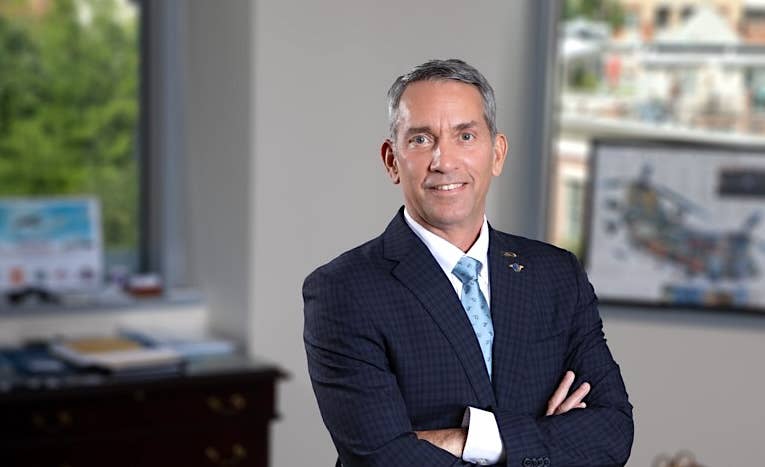Airline Travel Picking Up, Slowly
After bottoming out on April 14 at around 87,000 passengers a day, the Transportation Security Administration is reporting steady, if slow, growth in travel as many states begin lifting COVID-19…

After bottoming out on April 14 at around 87,000 passengers a day, the Transportation Security Administration is reporting steady, if slow, growth in travel as many states begin lifting COVID-19 restrictions. By the first week in June, the TSA said total “traveler throughput” had risen to more than 400,000 passengers a day in the U.S. If that sounds like a healthy number, consider in the same period last year averaged about 2.5 million passengers a day. Overall in 2020, the number of passengers who traveled in April and May was just 10 percent of the total from the year before.
The corollary to increased travel demand is that airlines are beginning to trickle more aircraft into service. In the middle of May, more than half the active fleet, some 3,200 aircraft, were idled; entering June, some 400 aircraft were returned to active duty, which accounts for a still-high number of parked aircraft at 47 percent of the fleet. For context, prior to COVID-19, the airlines had more than 90 percent of their fleet active.
The sudden and sustained drop in demand has caused several airlines to rapidly accelerate existing plans to retire older, less fuel-efficient aircraft as well as those so large as to be difficult to fill in the expected near future of air travel. Delta retired the last of its MD-series aircraft and, somewhat to the surprise of the industry, has stopped flying the Boeing 777. Air France has retired its Airbus A380 fleet ahead of schedule; it was planning to replace the mega-jumbo with smaller, more efficient Airbus A350s and Boeing 787s by the end of 2022.
Overall, the COVID-related contraction of the business has pushed airlines to consolidate and rationalize fleets faster than originally planned. American Airlines is set to retire its Boeing 757-200 fleet this year, replacing them with Airbus A321s, while American will finish retiring its 767-300ER fleet, with routes taken over by the 787. It is also retiring its A330-300 stable taken over from its merger with USAir. KLM and Qantas have retired their 747 fleets, as Virgin Atlantic moves to send its Airbus A340-600s and 747s packing.
Meanwhile, the airlines have begun offering incentives for early retirement in the face of slowly recovering ridership and an oversized workforce as CARES Act support is set to run out in the fall.






